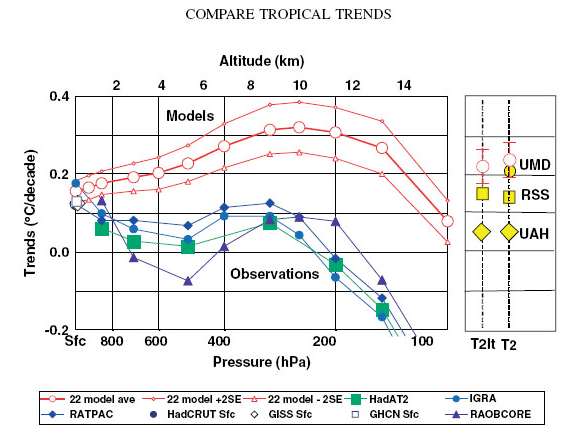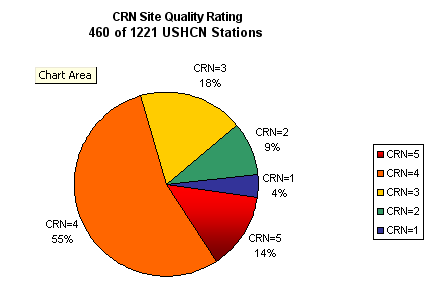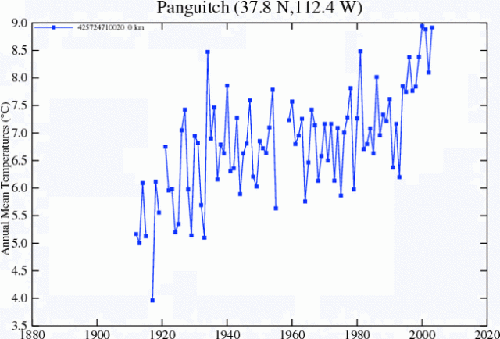Consensus Busters: The pushback grows stronger
Over 400 prominent scientists from more than two dozen countries recently voiced significant objections to major aspects of the so-called “consensus” on man-made global warming. These scientists, many of whom are current and former participants in the UN IPCC (Intergovernmental Panel on Climate Change), criticized the climate claims made by the UN IPCC and former Vice President Al Gore.
This blockbuster Senate report lists the scientists by name, country of residence, and academic/institutional affiliation. It also features their own words, biographies, and weblinks to their peer reviewed studies and original source materials as gathered from public statements, various news outlets, and websites in 2007. This new “consensus busters” report is poised to redefine the debate.
Many of the scientists featured in this report consistently stated that numerous colleagues shared their views, but they will not speak out publicly for fear of retribution. Atmospheric scientist Dr. Nathan Paldor, Professor of Dynamical Meteorology and Physical Oceanography at the Hebrew University of Jerusalem, author of almost 70 peer-reviewed studies, explains how many of his fellow scientists have been intimidated.
“Many of my colleagues with whom I spoke share these views and report on their inability to publish their skepticism in the scientific or public media,”
[…]
The distinguished scientists featured in this new report are experts in diverse fields, including: climatology; oceanography; geology; biology; glaciology; biogeography; meteorology; oceanography; economics; chemistry; mathematics; environmental sciences; engineering; physics and paleoclimatology. Some of those profiled have won Nobel Prizes for their outstanding contribution to their field of expertise and many shared a portion of the UN IPCC Nobel Peace Prize with Vice President Gore.
Additionally, these scientists hail from prestigious institutions worldwide, including: Harvard University; NASA; National Oceanic and Atmospheric Administration (NOAA) and the National Center for Atmospheric Research (NCAR); Massachusetts Institute of Technology; the UN IPCC; the Danish National Space Center; U.S. Department of Energy; Princeton University; the Environmental Protection Agency; University of Pennsylvania; Hebrew University of Jerusalem; the International Arctic Research Centre; the Pasteur Institute in Paris; the Belgian Weather Institute; Royal Netherlands Meteorological Institute; the University of Helsinki; the National Academy of Sciences of the U.S., France, and Russia; the University of Pretoria; University of Notre Dame; Stockholm University; University of Melbourne; University of Columbia; the World Federation of Scientists; and the University of London.
The voices of many of these hundreds of scientists serve as a direct challenge to the often media-hyped “consensus” that the debate is “settled.”
Update – Here’s a stinging counter-punch: “After a quick review of the report, Gore spokeswoman Kalee Kreider said 25 or 30 of the scientists may have received funding from Exxon Mobil Corp.”






